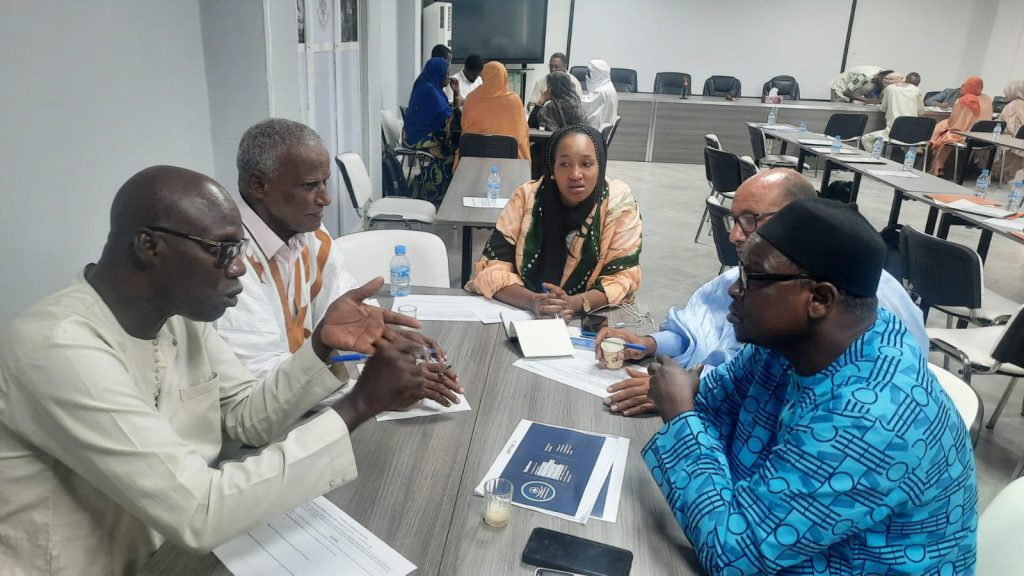Menu

To gather insight and recommendations on how vitamin A supplementation programs can evaluate their effectiveness and identify necessary improvements, the United Nations Children’s Fund (UNICEF) engaged stakeholders in strategic reviews of the national programs in Mauritania and Sierra Leone. Using a mixed-methods and participatory approach, researchers structured these reviews according to the parameters of the UNICEF delivery effectiveness framework.
During the strategic reviews, stakeholders provided input on the importance of each parameter and the perceived level of difficulty to improve it. They also discussed current performance, challenges, opportunities, and recommendations for improving program effectiveness.

In recent years, preventive health services like vitamin A supplementation have helped to facilitate improved health outcomes, including decreased child mortality rates and increased life expectancy. To maximize the positive effects of such interventions, it is critical to evaluate the effectiveness of these programs to identify needed improvements.
The objectives of this research project were to:
View the slides and research brief for detail on the research methods.
The findings of these two case studies suggest that a strategic review of program effectiveness can lead to better decision-making about program improvements and thus promote beneficial program outcomes. In both strategic review workshops, the conceptual framework and iterative workshop format enabled participants to discuss multiple effectiveness metrics and reach consensus on desired outcomes.
Participants’ responses regarding the importance and difficulty level of improving each parameter revealed the following findings:
In each strategic review, participants provided more than 150 recommendations on ways to enhance program effectiveness. Four broad themes emerged from their responses:
Consensus findings in Mauritania
Consensus findings in Sierra Leone